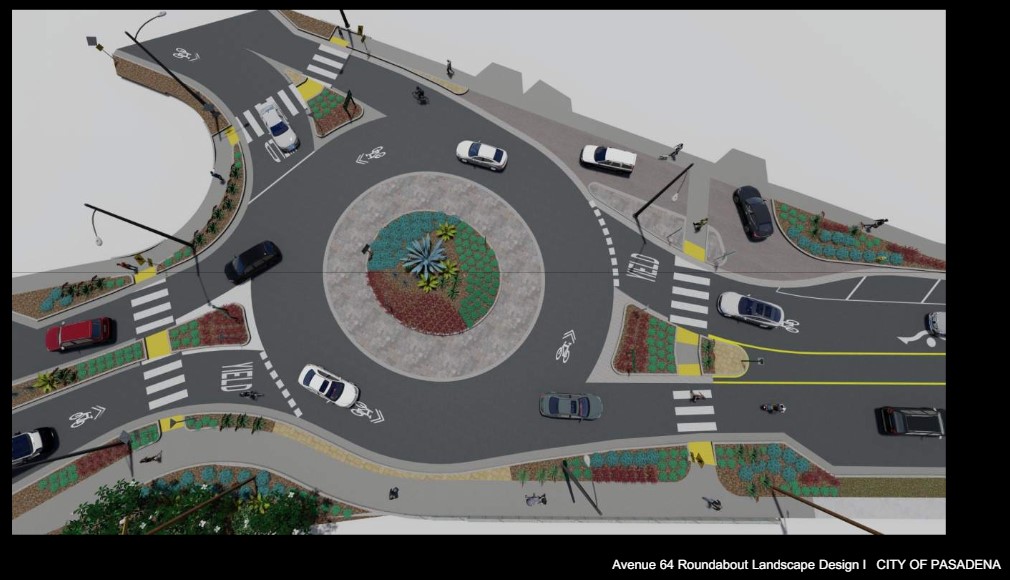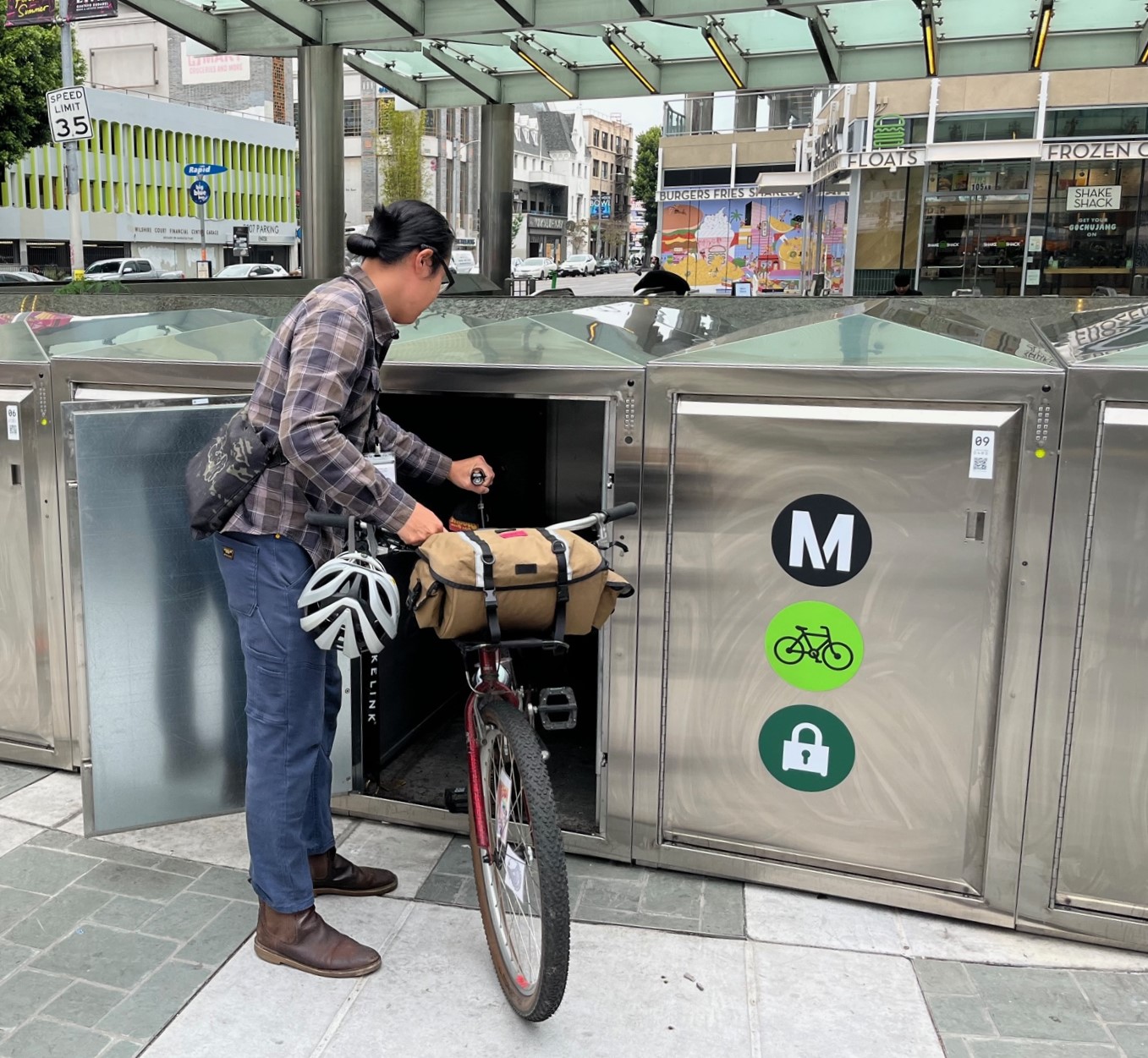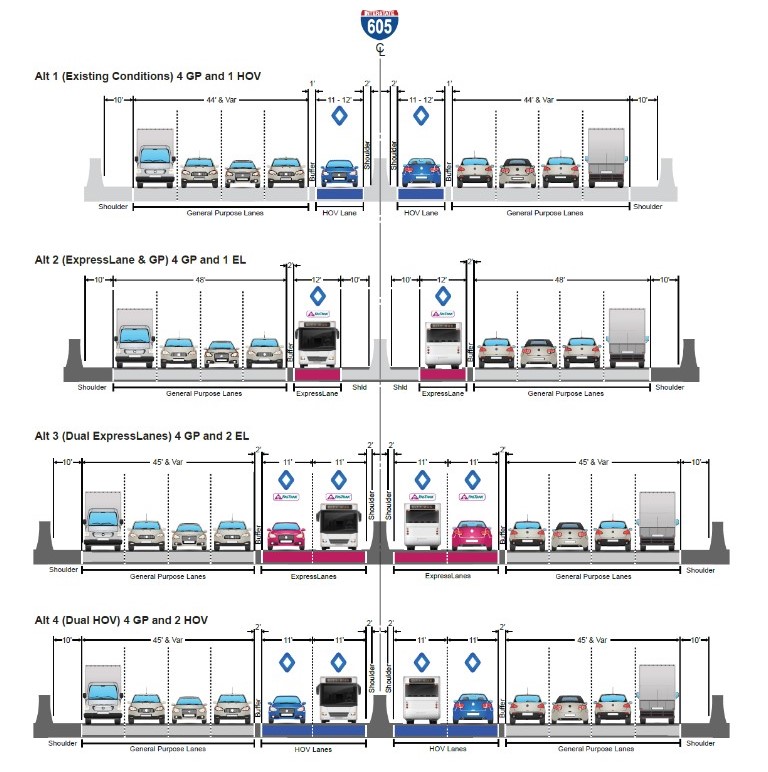(Charles Komanoff is a frequent contributor to NYC Streetsblog on energy policy, carbon taxes and transportation reform. For a complete bio, click here.)
Only two cities of more than a million people are known to
have a bicycling mode-share over 30 percent: Amsterdam
and Copenhagen. As Rutgers
urban expert John
Pucher has
documented, cycling's vibrantly high percentage of urban trips throughout Denmark,
the Netherlands
and Germany was
not the product of amorphous cultural factors. Rather, it came about through public
policies that not only made cycling safe and convenient but also made driving costly
and cumbersome.
 Free
Freeparking for electric cars would go against the grain of longstanding
policies, like the decision to pedestrianize the Strøget, shown here in
1935, when private cars were still allowed. Photo: Copenhagenet.
So
it was disconcerting to learn that one of these measures -- limiting
the supply and raising the price of central-city car parking -- is
about to be compromised in Copenhagen. And the announcement could not
be more
ill-timed, with the Danish capital set to host the U.N.
Climate Change Conference starting Monday.
The government of Denmark
this week unveiled a package of incentives to jump-start the sale and use of
electric cars. As the New
York Times reported on Wednesday, each new electric car comes not just with
a per-purchase subsidy of $40,000, but with this stunning perk: free parking in downtown Copenhagen.
Free parking, as UCLA Professor Don Shoup has taught us, comes with a high cost:
greater car use. The more valuable and pricey the parking space, the greater the
inducement to drive when it is given away. In the case of downtown Copenhagen,
where parking probably goes for the U.S.
equivalent of $25 a day, the inducement will be powerful indeed.
Consider a resident of metropolitan Copenhagen
headed downtown from, say, 10 miles away. Even with petrol taxed to a price of $8
a gallon, the fuel cost of the 20-mile round-trip in a 32 mpg car is just five
bucks. That's pocket change next to the $25 parking cost. But make parking
free, and the $30 car trip can now be made for $5. Econometric models using
price-elasticity suggest that the number of trips will roughly triple as a result -- at least until the
resulting traffic chokes off some of the increase.
Granted, the parking subsidy applies only to electric cars,
so for a while the surge might remain a trickle. But once put in place,
subsidies are hard to withdraw. Eventually, the increase in use of electric cars
for commuting and other trips into the heart of Copenhagen will take mode share
from cycling, walking and transit -- not just directly due to the subsidy for
driving, but indirectly because those "green modes" will have become less
efficient, less safe, and less valued by society.
But perhaps the most jarring aspect of the new policy is the
way the national government is cloaking it in green.
As the Times reported:
"We want to be a test and laboratory country for electriccars, hybrid cars and other new technology," said Lars Barfoed, the Danishminister of transport. "And as host of the climate change conference, that’smade us feel responsible and want to show the world we can do something."
"Doing something" apparently refers to supplying the battery-charging
stations with kilowatts generated by wind turbines, which now account for a
world-beating 20 percent of the nation’s electricity. While effective use of wind power
is a big carbon plus, subsidizing electric car use could easily end as a
net negative if it pushes the travel mix to more
car use and undermines Copenhagen's
urban vitality.
Denmark
and Copenhagen are hardly alone in
being blinded by alternate-fuel vehicles' green halo.
The 2007 Bloomberg
congestion pricing plan specified a two-thirds discount for "clean-fuel"
trucks, despite the dwindling air quality advantage as cleaner diesel
fuels and engines are phased in anyway, and in seeming denial of the additional
traffic congestion (as well as reduced toll revenues to support transit).
The veteran energy and transportation specialist Lee
Schipper wrote
recently in a related context:
Creating a zero-carbon car for Chinatomorrow won't solve the much bigger problems of urban congestion, trafficfatalities and the paving over of once-beautiful cities to make room for morecars. The discussions should back up. Energy is only a means to an end. Whatare the ends, urban access and mobility, or cars for a small minority?
Wise words for Danes and Americans alike.




